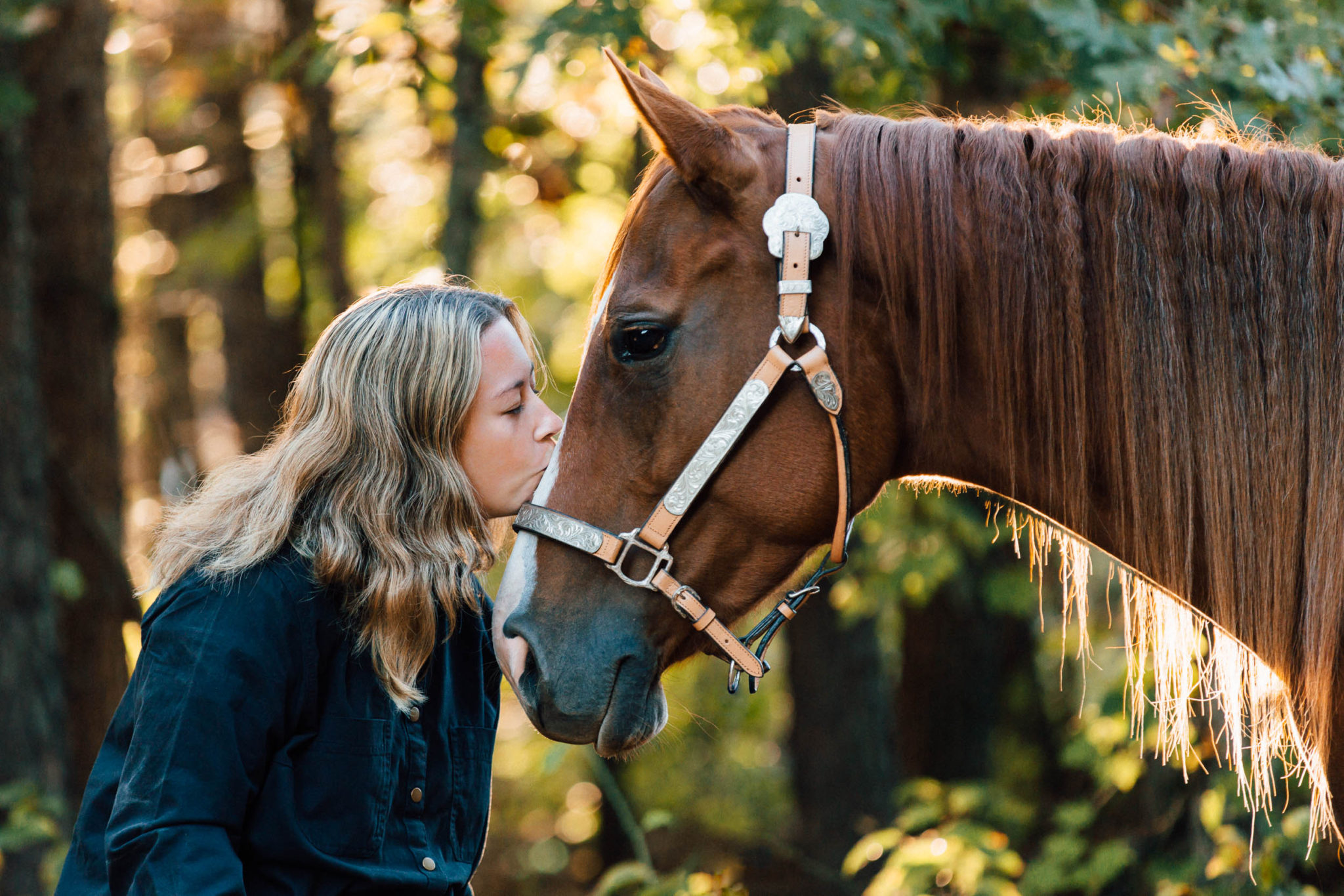Owning a horse can be an enjoyable experience, but it comes with its fair share of responsibilities. From feeding it and taking care of its general health to ensuring that it is safe and treated well. If you have just acquired a horse, or are already an experienced horse owner, read on for some handy tips on how to take care of your horse more responsibly. It isn’t always easy being the owner of an equine. Not only do they require constant attention and maintenance, but they also tend to make their owners go through some rough moments as well. But that doesn’t mean you need to give up hope just yet! The good news is that many of the things you read in this article regarding horse care can also be applied by dog owners in circumstances similar to yours. And if you are looking for dog care tips, then you’re in the right place!
 Feeding Your Horse
Feeding Your Horse
Feeding your horse is arguably more important than riding it. Horses are herbivores, which means their diet should consist of only plant-based ingredients. Horses can be fed a variety of different grasses, hay, grains, and seeds. These are known as “roughage” and are needed for proper digestion and to prevent weight gain. As with all animals, horses do best with a combination of nutrition and adequate quantity. Too little and they will not be able to properly absorb nutrients and stay healthy. Too much and they will end up with digestive issues and get excess fat. Feeding can be done either once a day or twice a day. It is ideal to feed your horse in the morning, when it is freshest.
Providing Shelter for Your Horse
Horses are bred to be spirited and active, so they will show signs of happiness and contentment when out in an area that offers them shelter. In contrast, they will feel stressed and uncomfortable when they have to stay in a dirty, cramped area. To know if your horse’s stall is large enough for it, you can take the following steps. First, you will need to measure the length of the horse. Then, you can set up a small tent, or cut a piece of cardboard to the same length as the horse’s length. Measure the inside of the tent or the cardboard and then measure the length of the stall. The stall should be long enough for the horse to turn around and lie down comfortably. If it is too small, your horse will feel anxious and frustrated.
Providing Care for Sick Horses
It is important to keep in mind that the lifespan of a horse is between 25 and 30 years. This means that you need to prepare yourself for the fact that your horse may get sick at some point. It is best to be prepared for the possibility of a horse getting sick and to have an emergency plan ready to go. If your horse shows signs of sickness, such as its breathing pattern changing or if it is displaying unusual behaviours like walking strangely or refusing to eat, it is important to take it to the vet immediately. Sick horses should not be forced to eat or drink anything. This will only cause the illness to get worse. Instead, you should gently place the horse’s head in the water or feed it a small portion of food through a syringe. The animals will likely vomit if they have consumed something that is not allowed. As soon as the horse is feeling better, you should take it back to its original home where you can take care of its health properly.
Cleaning and Maintaining your Horse’s Equine Home
Horses are known to be messy creatures. They like to put their waste in certain areas of the barn and they can be hard to clean up. To keep your equine home clean and fresh, you should clean it regularly, preferably once a week. There are a number of ways you can clean your barn. You can mow the lawn, vacuum cleaner, or even use a de-icing machine to keep the dust away. You can also use a de-icing machine to keep your horse’s home clean and fresh. There are a number of de-icers available on the market. You can choose from a variety of options, depending on your budget and the equine home you are cleaning.
Safety Tips for Horse Owners
Horse owners should know that the risk of injury from falling is higher in the equine industry than in any other type of work. This is why you should always wear a helmet when riding your horse, and even if you don’t like to wear a helmet because it looks bad, you should do it anyway. You can also invest in a pair of good quality, breathable work boots or shoes to protect yourself against injuries caused by falling and other hazards that might occur while you are grooming or taking care of your horse. Another important safety tip is to ensure that you have a first aid kit in your horse’s home where you can quickly treat sick horses and injured ones, using the items that you have provided for that purpose.
Conclusion
Horse care is a challenging task, but as long as you follow the tips in this article, you can be sure that your horse will be happy and healthy. Remember to feed it, provide shelter for it, and take care of its injuries and sickness properly. You can also use the horse care tips above to keep your equine home clean and safe.














